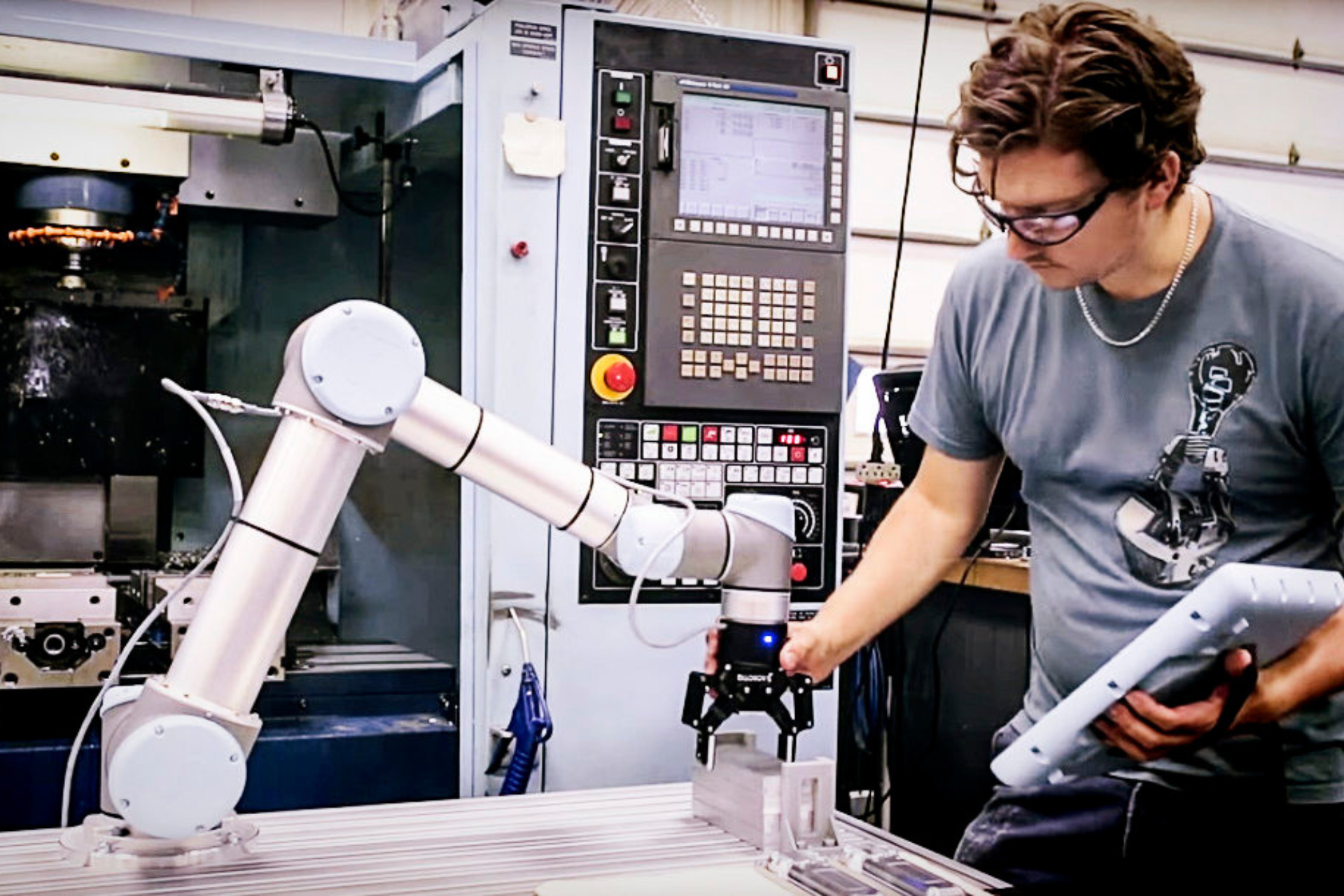Optimizing Logistics with Intelligent Delivery Planning
- Home
- Case Study
- Optimizing Logistics with Intelligent Delivery Planning

The world of commerce thrives on efficient logistics. In today's fast-paced environment, where speedy deliveries are the norm, logistics companies are constantly seeking ways to optimize their operations. This is where Paysenz, a company at the forefront of technological innovation, sees immense potential in AI-powered route planning. By leveraging the power of artificial intelligence, businesses can transform their delivery routes, leading to faster deliveries, reduced costs, and a significant competitive edge.
The Challenge: The Labyrinth of Traditional Route Planning
Traditional route planning can be a tedious and error-prone process. Factors like ever-changing traffic patterns, unpredictable weather conditions, driver schedules, vehicle capacity, and specific delivery windows all need to be considered. Manually managing these variables often leads to suboptimal routes, resulting in delays, increased fuel consumption, and ultimately, higher costs.
Paysenz and the AI Advantage: Data-Driven Optimization
Paysenz recognizes the limitations of traditional methods and actively researches AI-powered solutions to revolutionize route planning for logistics companies:
Real-Time Traffic Analysis: Gone are the days of static maps and outdated traffic reports. Paysenz explores AI algorithms that can analyze real-time traffic data, including historical patterns, current congestion levels, and even accident reports. This allows for dynamic route adjustments, enabling drivers to avoid traffic jams and optimize delivery times for a faster and more efficient service.
Weather Prediction Integration: Unpredictable weather can throw a wrench into any delivery schedule. Paysenz investigates integrating weather forecasts with AI route planning. This allows the system to suggest alternative routes that avoid bad weather conditions, ensuring timely deliveries and driver safety, regardless of the elements.
Multi-Stop Optimization: For deliveries with multiple stops, crafting an efficient route can be a logistical nightmare. Paysenz explores AI algorithms that can plan the most efficient routes, minimizing travel time and maximizing driver productivity. Imagine a system that considers factors like the order of deliveries, traffic patterns at different times of the day, and even driver breaks, to create the most optimized route possible.
Vehicle Capacity Management: Not all deliveries are created equal. Paysenz sees the potential of AI to assign deliveries to the most suitable vehicles based on capacity and cargo types. This can optimize loading, reduce the need for multiple trips with partially filled vehicles, and minimize fuel consumption.
Predictive Maintenance: Imagine a system that can predict potential maintenance issues before they cause delays. Paysenz is researching how AI can analyze vehicle data to predict maintenance needs and schedule preventative maintenance, reducing downtime and ensuring smooth operations.
The Benefits of AI-powered Route Planning: A Win-Win Situation
The adoption of AI-powered route planning offers a multitude of benefits for logistics companies:
Faster Deliveries: By optimizing routes and avoiding traffic congestion, AI helps businesses meet those tight delivery deadlines, leading to higher customer satisfaction. Happy customers are loyal customers!
Reduced Costs: Lower fuel consumption, fewer wasted miles driven, and optimized driver schedules translate to significant cost savings. Paysenz believes that AI-powered route planning can contribute to a healthier bottom line for logistics companies.
Improved Efficiency: AI automates repetitive tasks such as route planning, freeing up human resources to focus on higher-level aspects of logistics management, like strategic planning and customer service.
Enhanced Sustainability: Reduced fuel consumption leads to a smaller carbon footprint, contributing to a more sustainable logistics ecosystem. At Paysenz, we are committed to developing solutions that are not just efficient but also environmentally conscious.
Data-Driven Decision Making: AI provides valuable insights into historical data and real-time conditions, empowering informed decision-making for better overall planning and strategy.
The Future of AI in Logistics: A Collaborative Journey
The future of logistics is brimming with possibilities as AI technology continues to evolve:
Autonomous Vehicles: The integration of AI with autonomous vehicles has the potential to revolutionize delivery processes even further, leading to even greater efficiency and cost reductions. Paysenz is actively researching and exploring the potential of this technology.
Predictive Analytics: Advanced AI will be able to predict customer demand and optimize inventory management, ensuring on-time deliveries and reduced stockouts. Imagine a world where logistics companies can anticipate customer needs and have the inventory ready to meet them.
Real-Time Collaboration: AI will facilitate real-time collaboration between different players in the supply chain, leading to a more interconnected and efficient logistics network.
Conclusion
AI-powered route planning is not just a futuristic concept; it's a practical solution for logistics companies today. By leveraging the power of AI, businesses can optimize their delivery routes.







